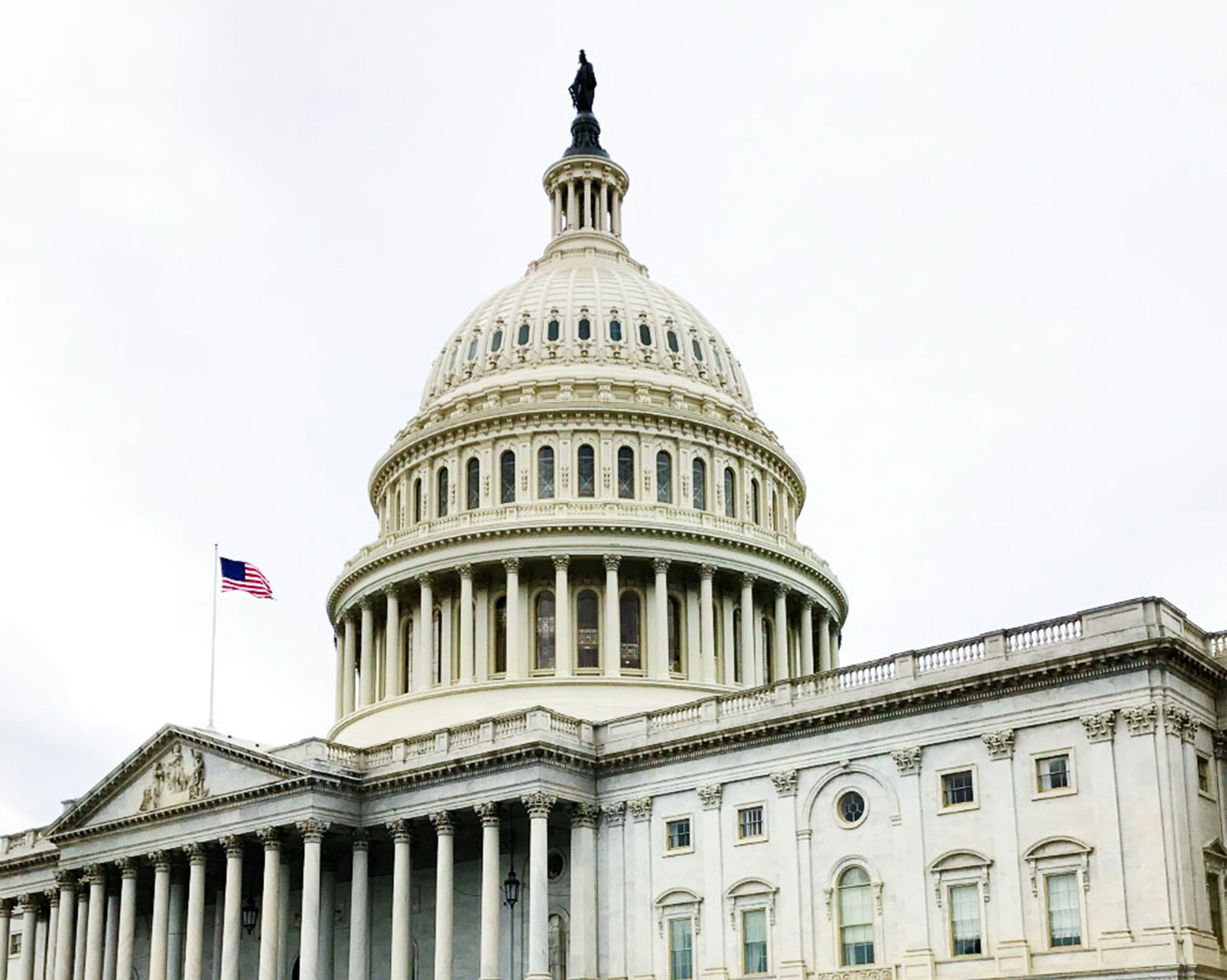
The Outlook for Non-Compete Agreements in 2024
- Breaking News
California Ups The Ante
Always in the vanguard of the anti-restrictive covenant movement, California implemented two new laws impacting non-competes in 2023. Under California law, it was already well-established that non-compete agreements were unenforceable. To take it a step further, the California legislature passed a new law that plugged a potential loophole, clarifying that non-competes were unenforceable regardless of where they were signed (e.g., signed in another state while working in that state, but then seeking to work for a competitor in California). The new statute makes it a civil violation for an employer to attempt to enforce such a void agreement.
To add a cherry on top, the California legislature also made it unlawful just to include a non-compete clause in an employment contract. (Multistate employers who use a standardized employment contract should beware). The law also requires employers whose employment contracts previously included a non-compete clause must issue individual written notices by February 14, 2024 to each current employee and former employee whose employment ended after January 1, 2022 stating that the non-compete provisions of their contact are void.
Minnesota Joins The Party
In 2023, Minnesota followed California’s lead and adopted a law which prohibits all non-compete agreements. In addition to Minnesota employers, the law explicitly applies to employees who work remotely as long as they primarily reside and work in Minnesota. The law is not retroactive and does not prohibit nondisclosure, trade secret and non-solicitation agreements.
New York Is Still Pondering
The New York legislature sent the Governor a bill which would ban any agreement which prohibits or restricts persons from obtaining employment. It includes no exceptions (such as for non-competes entered in conjunction with the sale of a business). In addition to allowing a court to void the agreement and award actual damages, the bill would also impose mandatory liquidated damages of $10,000. The proposed law does not apply to non-disclosure agreements and customer non-solicitation agreements (if properly tailored). The law would not be retroactive and would only apply to agreements entered into after it takes effect. It is unclear whether the Governor will sign the bill.
Other States Are Taking Baby Steps
Not ready for wholesale bans such as California and Minnesota, several other states have limited non-competes by placing compensation thresholds for those employees who can be subject to restrictions. The minimum salaries vary by state and often increase each year. The states with such thresholds include Colorado, Maine, Maryland, Oregon, Rhode Island, Virginia, Washington, and the District of Columbia.
Federal Developments Are Still Developing
At the beginning of 2023, the Federal Trade Commission (FTC) published a sweeping proposed rule which, if it takes effect, would prohibit all non-compete agreements nationwide. Although the rule would not apply to non-disclosure agreements generally, according to the FTC, it could apply if the non-disclosure agreements are so broad as to effectively act as a non-compete agreement. The comment period for the proposed rule has closed, but there has been no definitive indication when the FTC may publish a final rule. When and if issued, the final rule would take effect 60 days after publication, with a compliance deadline of 180 days after that. If and when the final rule is issued, we expect immediate legal challenges.
Not to be outdone by its sister agency, the National Labor Relations Board (NLRB) jumped into the fray as well. In May 2023, the NLRB General Counsel issued a Memorandum stating her opinion that non-compete agreements violate the National Labor Relations Act by chilling employees’ right to threaten to resign together and join a competitor if their demands for better working conditions are not met. As yet, the Memorandum is only the General Counsel’s view; it has not been adopted by the Board. There, however, is a case slowly winding its way through the system which will test the General Counsel’s theory.
If your company has any questions or concerns regarding non-compete agreements, we at Lehr Middlebrooks Vreeland & Thompson, P.C. are happy to help. Please contact Al Vreeland at (205) 323-9266 or avreeland@lehrmiddlebrooks.com.





